Two weeks before the first students set foot on Chewonki Neck for the summer, 46 energetic, eager young men and women arrive to kick off the season with staff training. Twenty-seven of them will lead backpacking, canoeing, whitewater kayaking, and sea kayaking expeditions for Chewonki Wilderness Trips this summer. Nine are Boys Camp counselors who will take the oldest campers, Ospreys, on extended cabin trips. And the balance, 10, are veteran trip leaders who are training this summer’s crew.
Chewonki is suddenly buzzing. On the Quad and the lower field, in the Wallace Center, Pack-out, and the Adirondack chairs, groups in Tevas and hiking boots form and reform all day long as staff work through safety protocols, team-building, trip-planning, and a host of other details that prescribe the Chewonki way of leading an outdoor adventure. After a couple of days, the leaders break into five expeditions based on their discipline. It’s time to head into the field for a four-day adventure of their own.
This year, one group of canoers heads for the St. Croix River while another went to the Easts Branch of the Penobscot River. Whitewater kayakers set forth for Big Eddy and the West Branch of the Penobscot. Backpackers went west to the Appalachian Trail on Saddleback Mountain. And the sea kayakers launched at the Chewonki waterfront, heading for Muscungus Bay.

Chewonki Wilderness Program Coordinator Aaron Laflamme describes these trip-leader training trips as a way to “get the systems down for leading,” polish skills, and enjoy a bit of bonding.
“How Chewonki does a wilderness trip is unique,” says Laflamme. Not only are there particular field protocols, but also, “our fundamental focus is on the three tenets of the Chewonki mission: inspiring personal growth; understanding and appreciating nature; and building a strong sense of community. When we’re out there having an amazing time paddling or hiking, we’re also conveying the meaning of that mission to our participants.”
Jen Adams, who co-led canoe training on the St. Croix, explains that incoming leaders can be excellent in their discipline but new to “the Chewonki way of doing things.” That includes a range of specific practices such as how to chop wood, do dishes, and share meals together. Her group had a great time running the St. Croix’s Little Falls. “They were all really excited about it,” says Jen. “They did it twice, stopped for dinner, and then everyone wanted to run it again.” (They’re trip leaders, after all, because they love having fun with other people outside.)
Although they come from a wide variety of backgrounds and points on the globe, trip leaders seem to form bonds quickly. Nate Smith, who co-led a canoeing group on the East Branch of the Penobscot, says, “The group formed very quickly. People have varied experiences but feel connected through their passion for canoeing. They were really happy to do all aspects of the training. Definitely truly engaged,” even on a day involving four portages.
When enthusiasm runs high, however, trip leaders must tend to their least able participant as well as their most accomplished. Training includes some clear reminders of what it means to be a learner as well as a leader. Mateus Da Costa, who co-led the sea kayakers’ training, says, “I think we really want to challenge our leaders. They’re growing, too, and we’re supporting them as they grow.” His group made a strenuous 17-mile paddle from Spectacle Island to Bremen. “At the end of that day, we asked what the leaders took from it, what they will use with their students in the field,” says Da Costa. “They said they felt challenged and humbled.”
Great trip leaders must have technical skills and experience. They must be knowledgeable about their itinerary, equipment, and supplies. They need to have good strategies for dealing with challenges, from blisters to interpersonal conflicts to homesickness. They must possess competence, compassion, and joy–even in the pouring rain, breathtaking heat, or a cloud of mosquitos. This summer’s Chewonki trip leaders are getting ready. Their training will come to the fore next week, when participants arrive, looking for adventure. Welcome, summer!



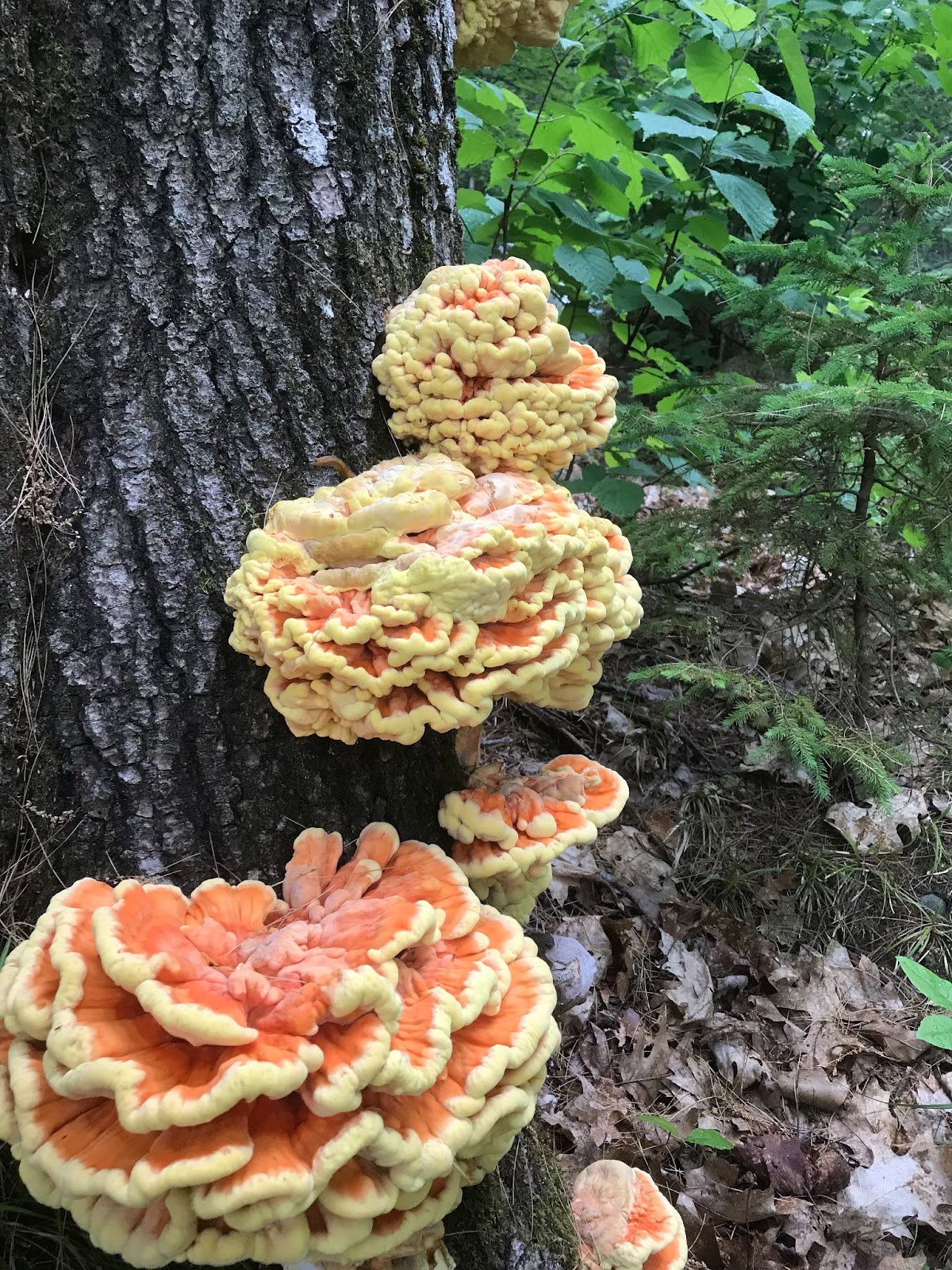
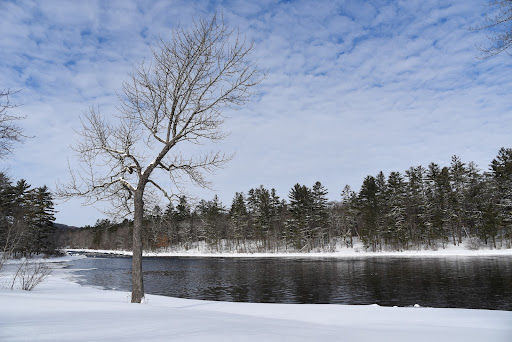
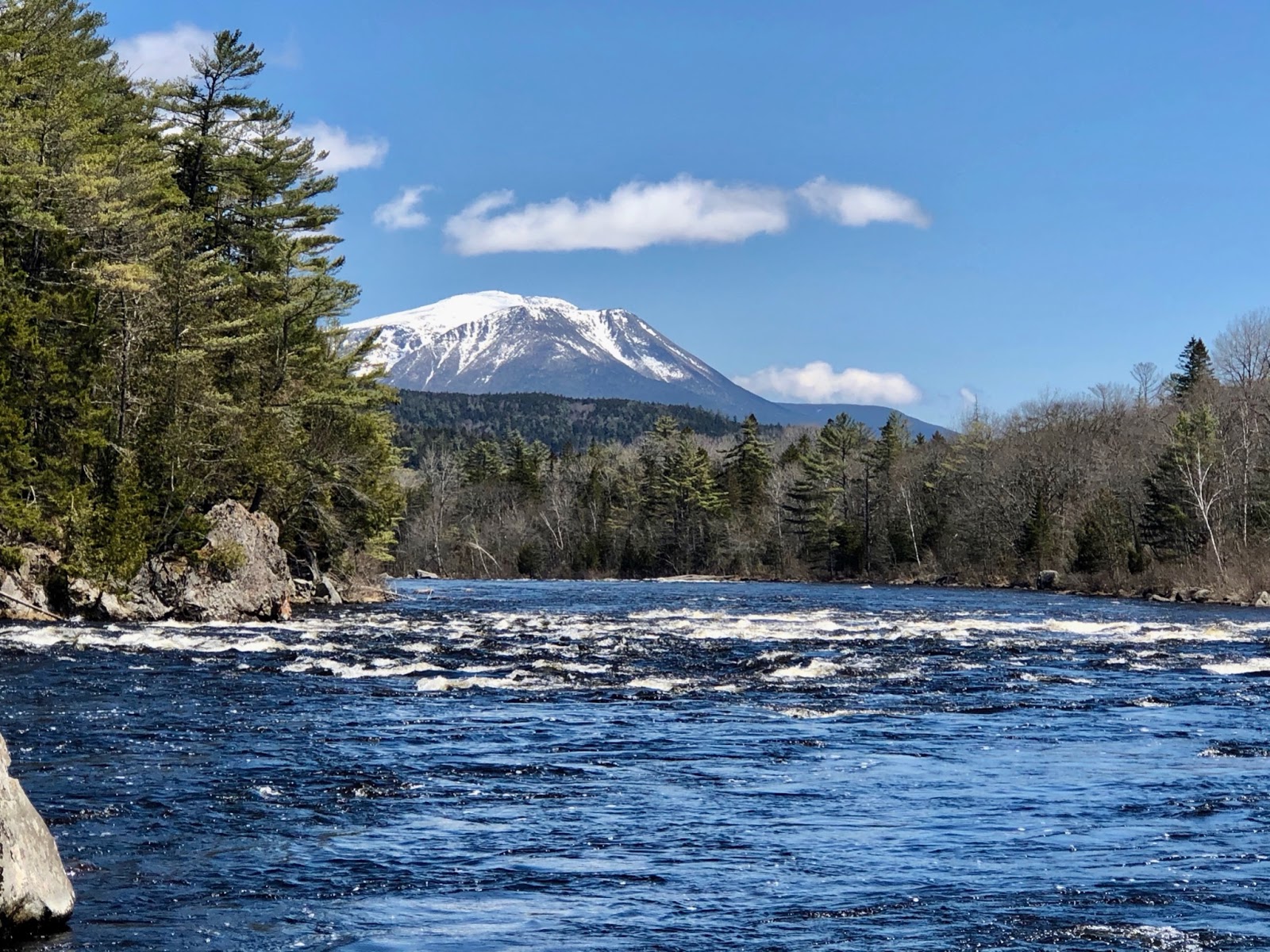

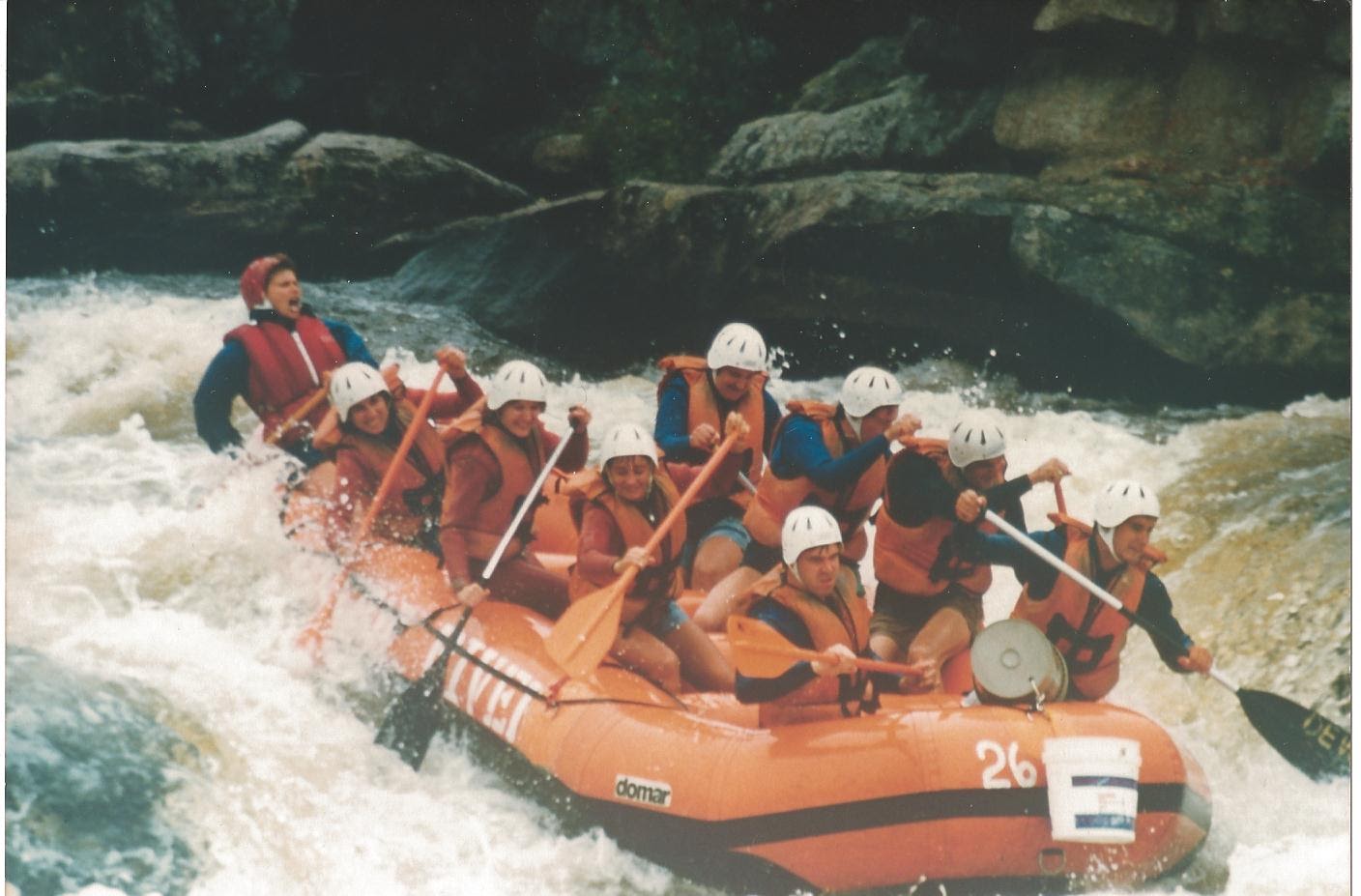

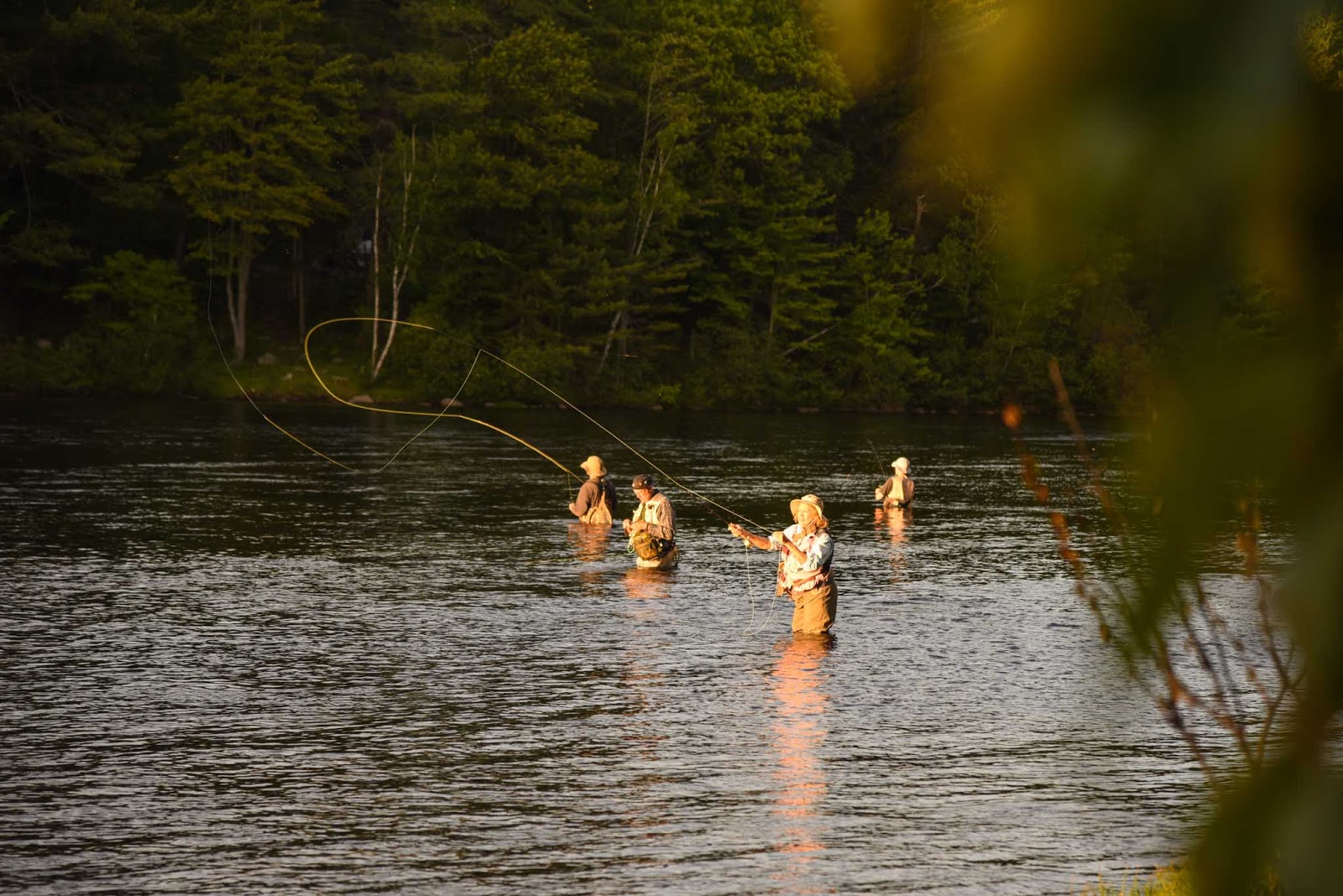
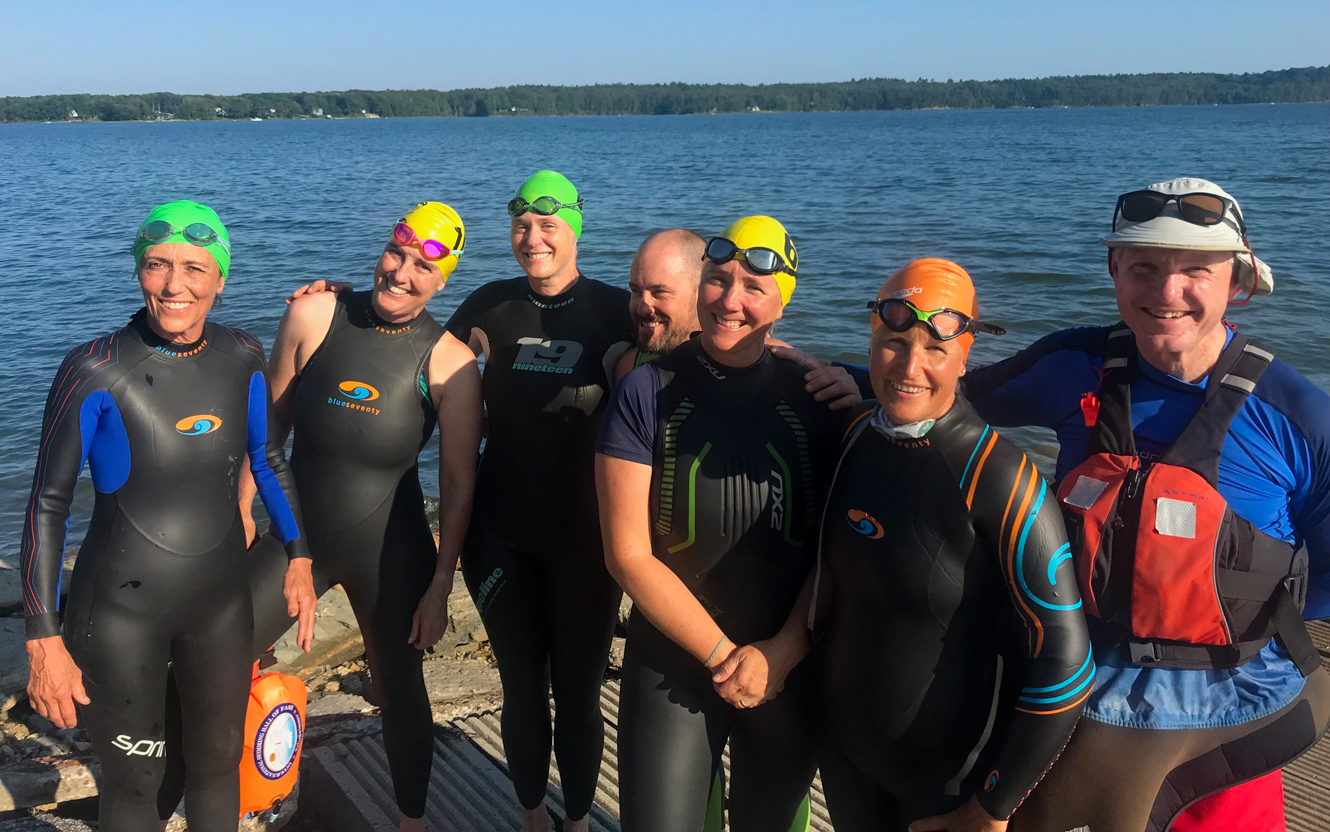
Leave a Reply